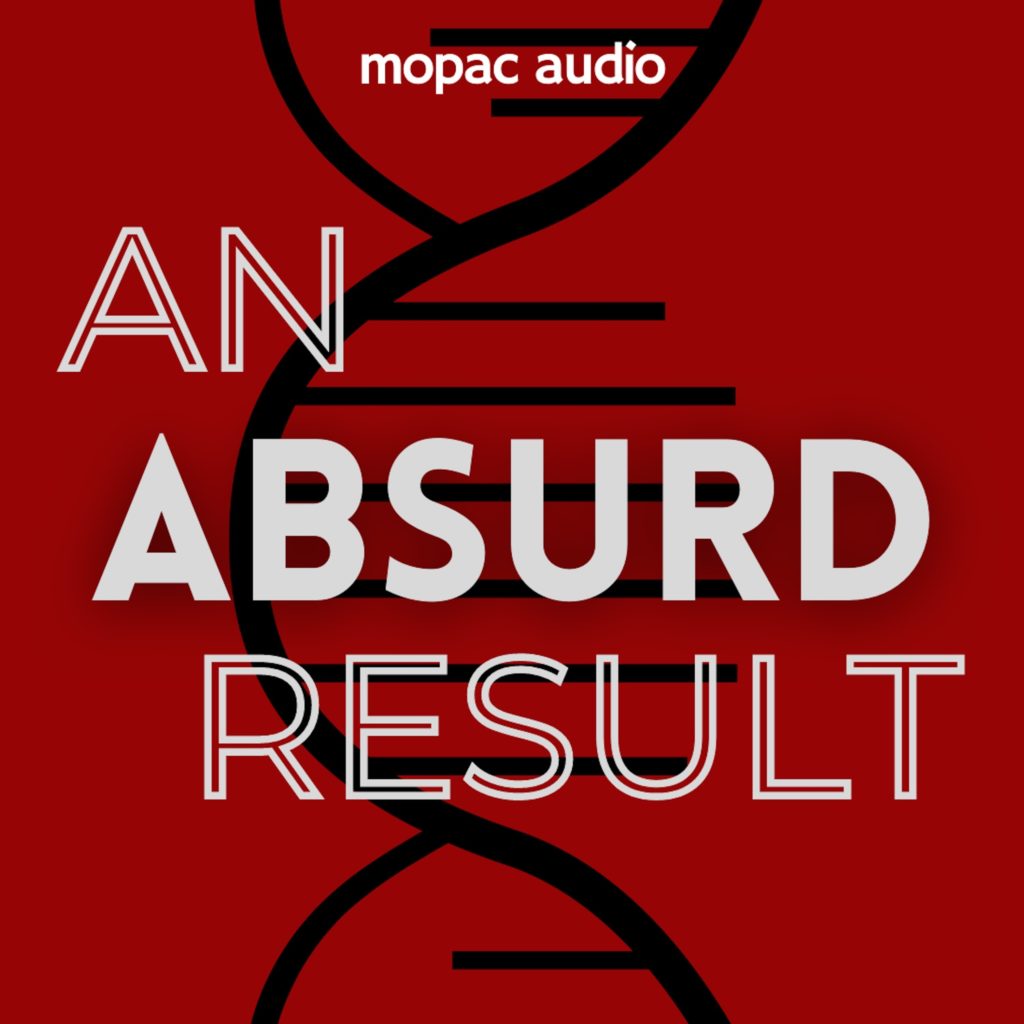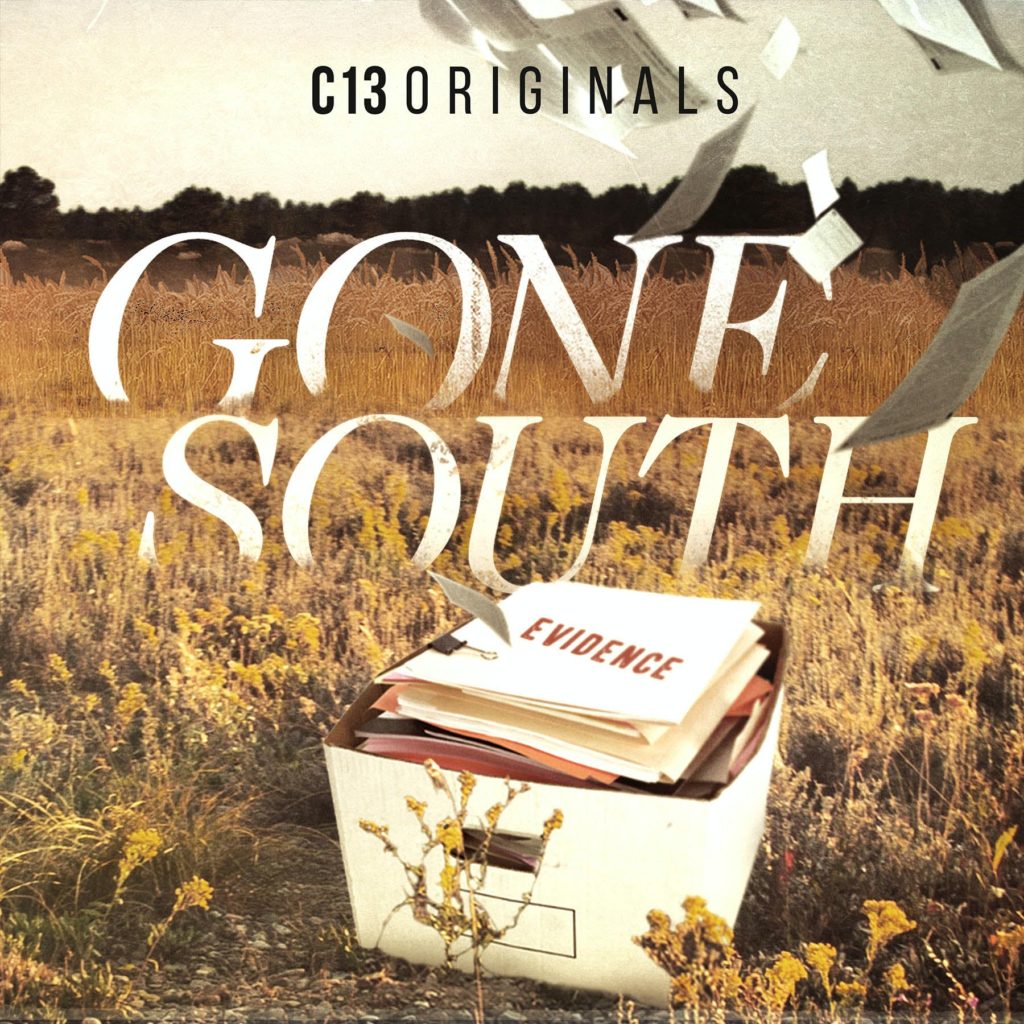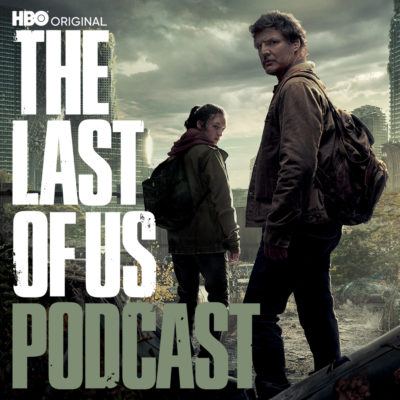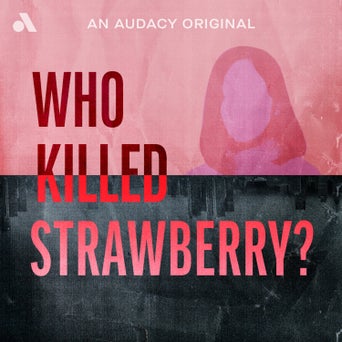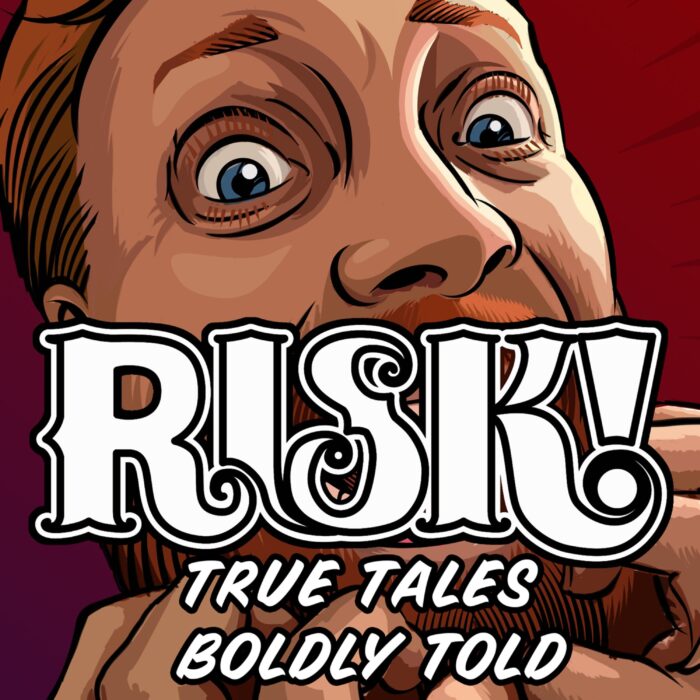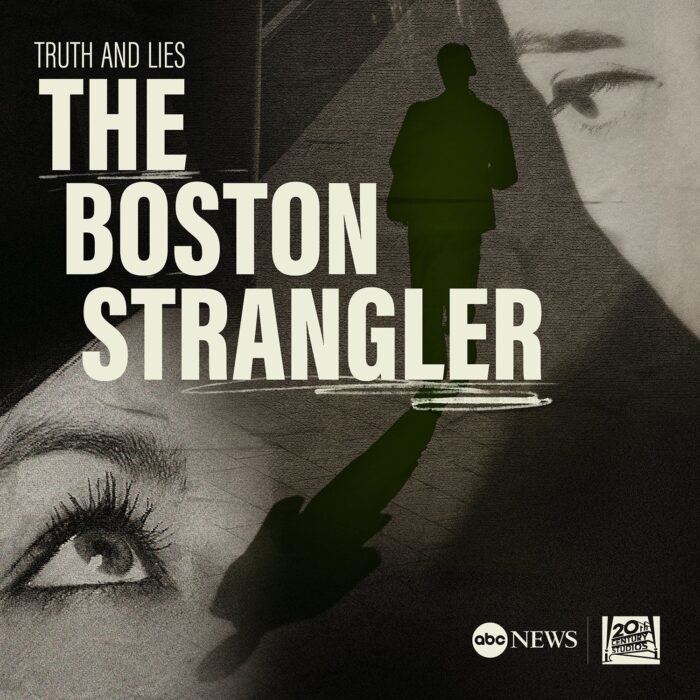Jay Ellis hosts ‘The Untold Story: Criminal Injustice’ where he digs into the problems plaguing the criminal justice system
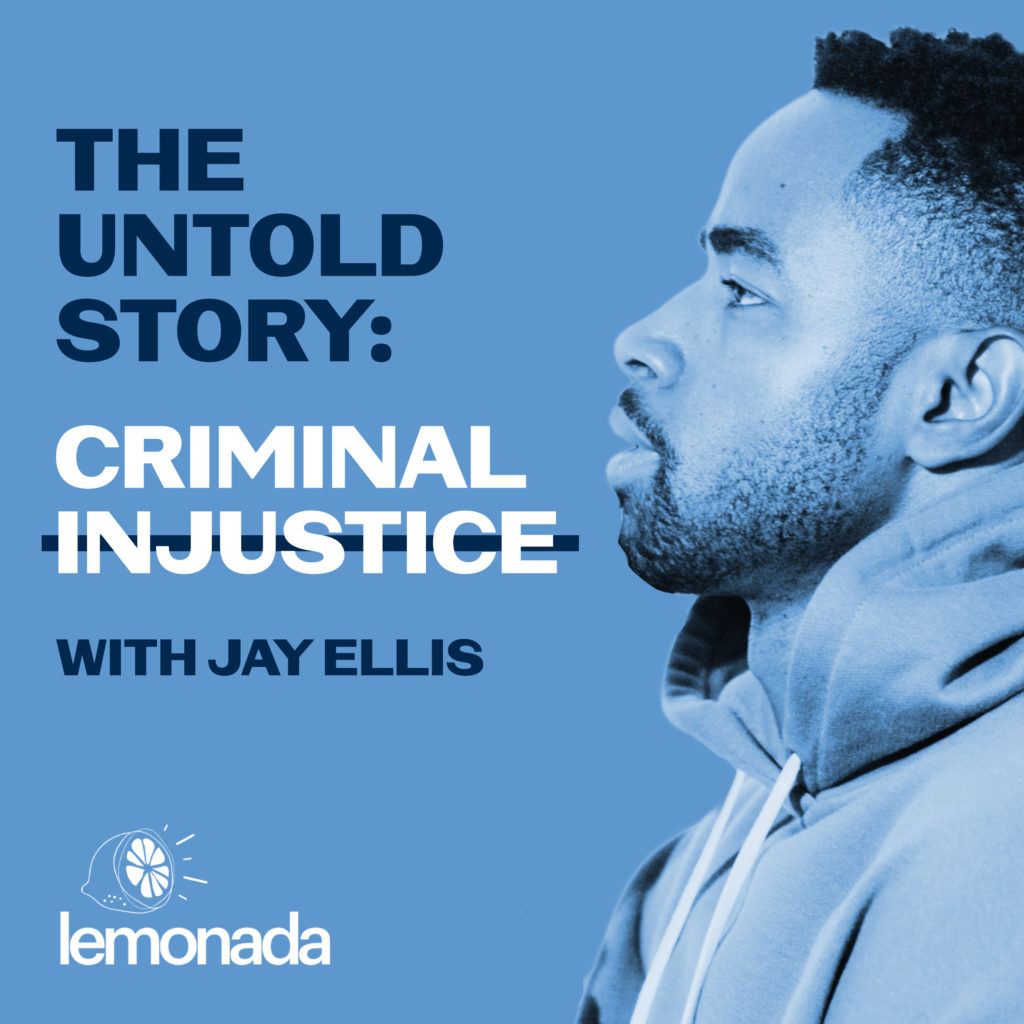
Jay Ellis, of HBO’s Insecure and the upcoming Top Gun: Maverick, hosts this new season of “The Untold Story: Criminal Injustice.” In it, he speaks with experts on America’s criminal justice system: the people working to improve it and those who were booked into it.
In the last season of “The Untold Story: Policing,” Jay looked at some of the policies that put up roadblocks to prevent real police reform. It consisted of five, 45-minute long episodes. This season is looking at the other side of the coin of justice: the courts, the law, and punishment: how police are held accountable, the culture of policing, and the procedures used in policing can be changed, but are ensnared in the criminal justice system. So, Jay is digging into the other side of things.
As he tells us, before he was “movie star Jay Ellis” he was “retail manager Jay Ellis.” Like many people, he got a job in retail as early as high school, making extra money for gas, clothes, and college. And at one point he was a manager at Steve Madden, the high-end shoe store, so he obviously ran into shoplifters here and there. He wasn’t the one to stop them, because typically the thief would be caught and the loot returned. And while he would be locking up the store for the night, he wouldn’t think twice about that person just across town, sitting in a cell awaiting their fate.
In this first episode, Jay speaks with people who have seen different sides of the criminal justice system. There’s Raymond Richard, author, activist, speaker, and former petty thief who would steal body washes and deodorants from large retail chains like CVS. Homeless, jobless, and an addict, Richard had to steal more and more in order to pay for his addiction. He knew what he was doing was wrong, but he couldn’t stop: rehab hadn’t worked and shelters were dangerous. He needed this money anyway he could get it. Then there is Jake Horowitz, a researcher at the Pew Charitable Trusts who has done important work on the felony theft threshold.
What’s the felony theft threshold? It’s the line where theft turns from a misdemeanor, which cannot be punished by more than a year in jail and typically results in lesser probations, to a felony, which results in a felony record that can affect your future housing, employment, and follow you for the rest of your life. And that line depends on the amount of money that you steal. And that depends on the state you’re in. In New Jersey it’s $200, in California it’s $950.
When Raymond Richard was stealing body washes in New Jersey, that felony theft threshold was just $150, so he was racking up quite the felony rap sheet. But Jay asks: is petty theft, a nonviolent crime, worthy of felony charges that could haunt you forever? He says that yes, it is still a crime, and yes, some people will say that the solution is to just not steal, but that doesn’t make this issue black and white. Why not classify this as a misdemeanor? What is stopping that?
Through Jake’s research at Pew, felony convictions for low-level theft don’t actually stop crime. Low felony thresholds assume that harsh consequences will deter theft, hence why that threshold stays so low. But Jake’s research on 30 states between 2000 and 2012 showed that when the felony theft threshold was made higher, the downward trend in property crime and larceny rates continued. Changing the threshold from $200 to $2,000 did not cause an increase in crime. In fact, it didn’t even cause an increase in the dollar amount of goods stolen: that stayed consistent at just $200 per theft.
Through the rest of the episode, Jay explains how felony convictions don’t actually decrease crime but actually increase it. Plus, he tells us how laws around felony thefts can be changed so the punishment not only fits the crime, but life-altering felony charges aren’t being “thrown around like Mardi-Gras beads.”
In the second episode of “The Untold Story: Criminal Injustice,” Jay looks at the forensic science used in criminal cases, and he sadly learns that it isn’t all that scientific. He talks with experts about how the forensics practices we use today were developed and why they actually haven’t turned out to be all that reliable. But, he travels to a forensics lab that’s doing it correctly to see how it’s really done. Plus, Jay speaks with a woman who spent over a decade in prison for a crime she didn’t commit, all because bad forensic evidence was used against her.
Check out the new season of “The Untold Story: Criminal Justice” for more on our justice system and be sure to listen to Jay’s first season “The Untold Story: Policing” if you missed it.
